Understanding the Igbo Calendar: A Look at January 2025
Understanding the Igbo Calendar: A Look at January 2025
Introduction
In this auspicious occasion, we are delighted to delve into the intriguing topic related to Understanding the Igbo Calendar: A Look at January 2025. Let’s weave interesting information and offer fresh perspectives to the readers.
Table of Content
Understanding the Igbo Calendar: A Look at January 2025
The Igbo calendar, a unique system of timekeeping deeply embedded in the cultural fabric of the Igbo people of southeastern Nigeria, offers a distinct perspective on time and its significance. Unlike the Gregorian calendar, which follows a solar year, the Igbo calendar is primarily lunar, with months determined by the phases of the moon. This intricate system, with its rich history and profound cultural implications, provides valuable insights into Igbo society, beliefs, and traditions.
The Fundamentals of the Igbo Calendar
The Igbo calendar, also known as "Onwa," features 13 lunar months, each lasting approximately 29.5 days. These months are named after significant events, natural phenomena, or agricultural practices associated with that period.
The calendar year begins with "Onwa Asa," the month of the new yam festival, typically falling in August or September. Each month is further divided into four weeks, each consisting of seven days. The days of the week are named after the deities associated with them, highlighting the importance of spirituality in Igbo culture.
January 2025 in the Igbo Calendar
January 2025 falls within the Igbo month of "Onwa Afo," the month of the harvest festival. This period marks a time of celebration and thanksgiving for the bountiful harvest, signifying the end of the agricultural cycle and the beginning of a new one.
The Importance of the Igbo Calendar
The Igbo calendar transcends its function as a mere timekeeping system. It serves as a powerful symbol of Igbo identity, reflecting their deep connection to nature, their reverence for ancestral spirits, and their commitment to community.
-
Cultural Significance: The calendar is interwoven with Igbo customs, traditions, and rituals. The timing of festivals, markets, and other significant events is dictated by the lunar cycle, ensuring that these events align with the natural rhythms of the environment.
-
Agricultural Practices: The calendar guides agricultural activities, ensuring that planting, harvesting, and other essential tasks are performed at the optimal time, maximizing yield and promoting sustainable farming practices.
-
Social Cohesion: The calendar fosters a sense of community by providing a shared framework for organizing communal activities, strengthening social bonds, and preserving cultural heritage.
-
Spiritual Connection: The calendar emphasizes the importance of the spiritual realm, with each month associated with specific deities and rituals. This connection to the divine fosters a deep sense of respect for the natural world and the ancestors.
FAQs
-
How is the Igbo calendar different from the Gregorian calendar?
- The Gregorian calendar is solar-based, meaning it follows the Earth’s revolution around the sun. The Igbo calendar is primarily lunar, following the moon’s phases.
-
What are the names of the Igbo months?
- The 13 Igbo months are: Onwa Asa, Onwa Ochie, Onwa Afo, Onwa Okonko, Onwa Nwa, Onwa Ana, Onwa Ekwu, Onwa Onwa, Onwa Ochie, Onwa Nwa, Onwa Ana, Onwa Ekwu, and Onwa Onwa.
-
How does the Igbo calendar impact daily life?
- The calendar dictates the timing of festivals, markets, and other important events. It also guides agricultural activities, ensuring that planting, harvesting, and other tasks are performed at the optimal time.
-
Is the Igbo calendar still relevant today?
- Despite the widespread use of the Gregorian calendar, the Igbo calendar remains relevant and continues to play a significant role in Igbo culture and identity. It is used in traditional ceremonies, festivals, and other cultural events.
-
How can I learn more about the Igbo calendar?
- You can consult books, articles, and online resources dedicated to Igbo culture and history. You can also engage with Igbo communities and participate in cultural events to gain a deeper understanding of the calendar’s significance.
Tips for Understanding the Igbo Calendar
-
Engage with Igbo Communities: Participating in cultural events and interacting with members of the Igbo community offers invaluable insights into the practical applications and cultural significance of the Igbo calendar.
-
Study Traditional Literature: Igbo folktales, proverbs, and oral traditions provide valuable clues to understanding the calendar’s origins and its role in shaping Igbo society.
-
Consult Educational Resources: Books, articles, and online resources dedicated to Igbo culture and history provide comprehensive information about the calendar’s structure, significance, and impact on daily life.
-
Seek Expert Guidance: Engaging with scholars and experts specializing in Igbo culture and history can offer deeper understanding and insights into the intricacies of the calendar.
Conclusion
The Igbo calendar stands as a testament to the rich cultural heritage of the Igbo people. It is a system of timekeeping that reflects their deep connection to nature, their reverence for ancestral spirits, and their commitment to community. As we enter January 2025, understanding the significance of this calendar provides a unique lens through which to appreciate the enduring cultural legacy of the Igbo people and their enduring connection to their traditions.
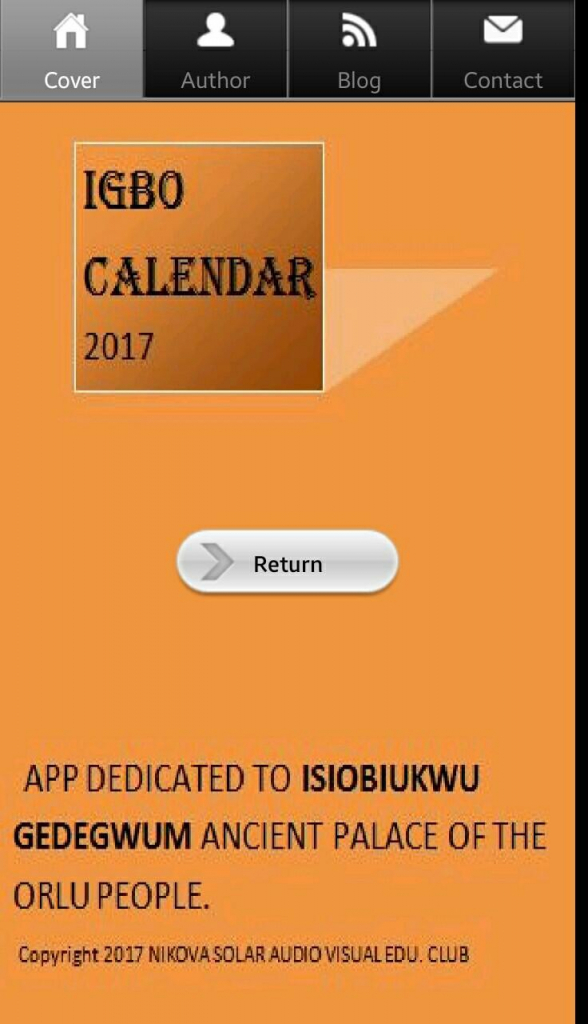
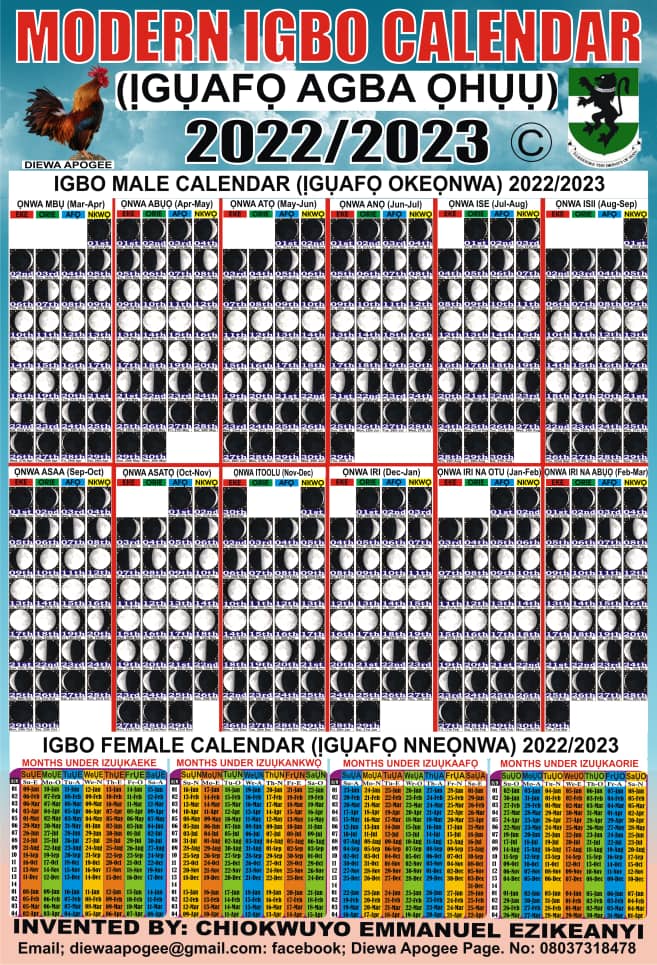
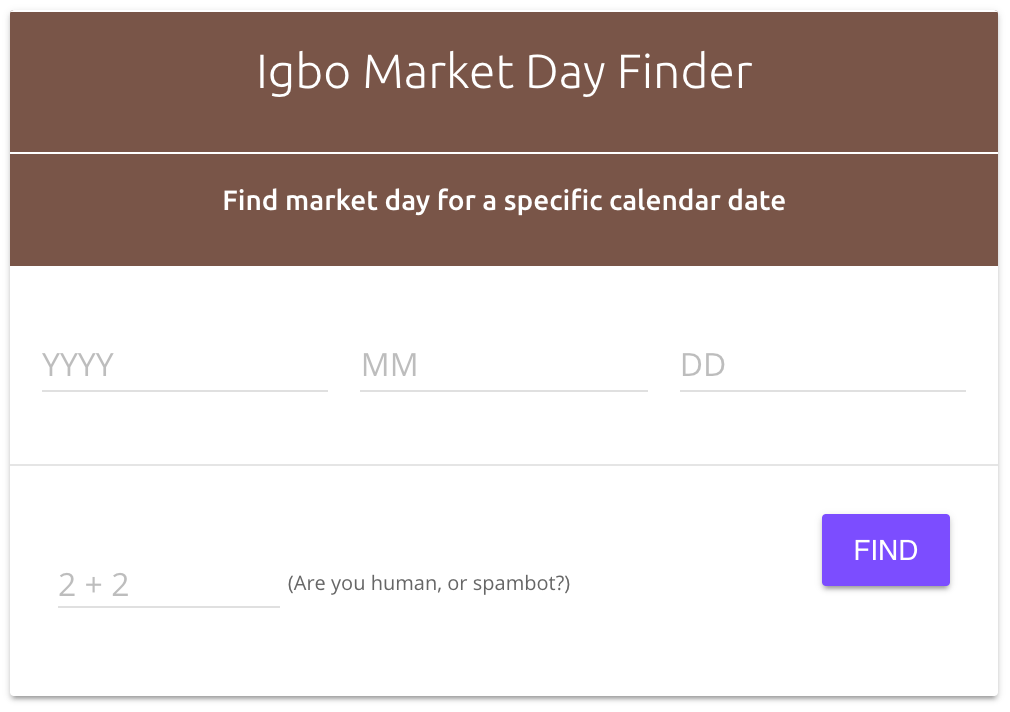
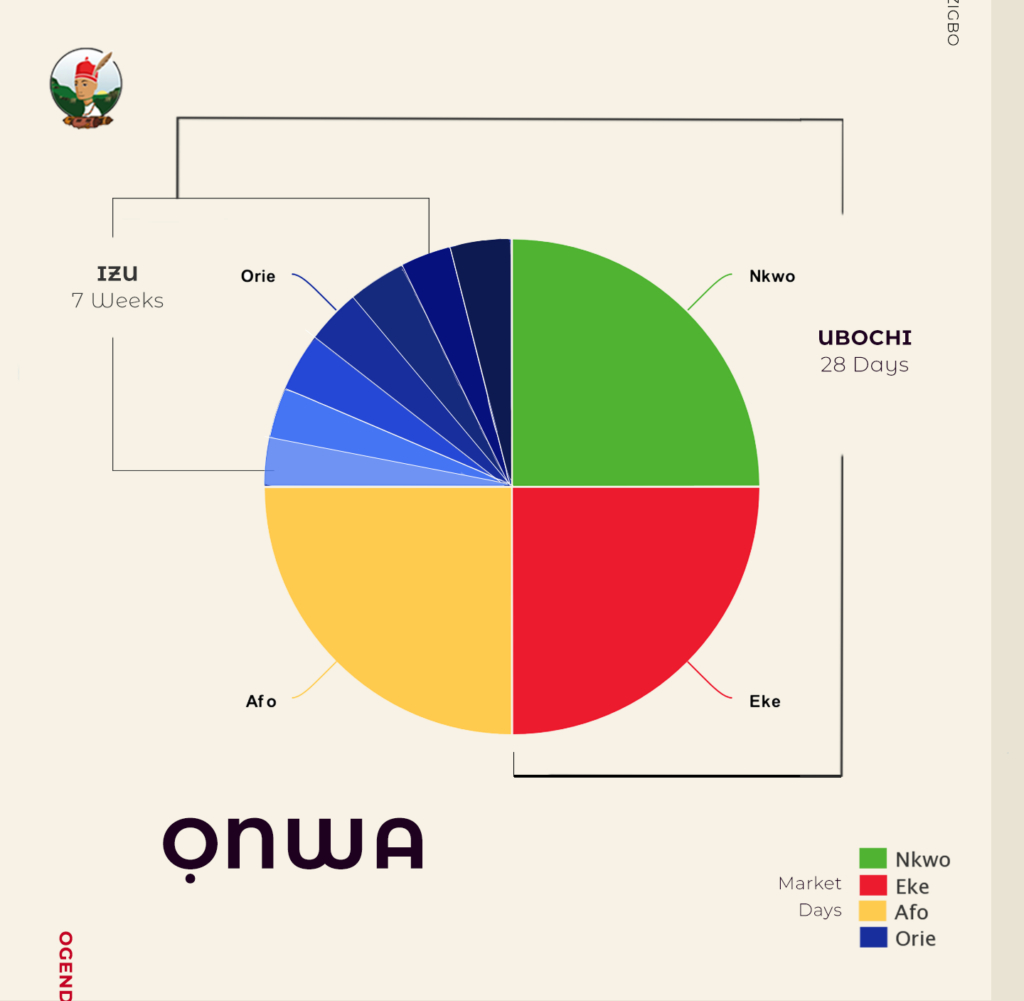
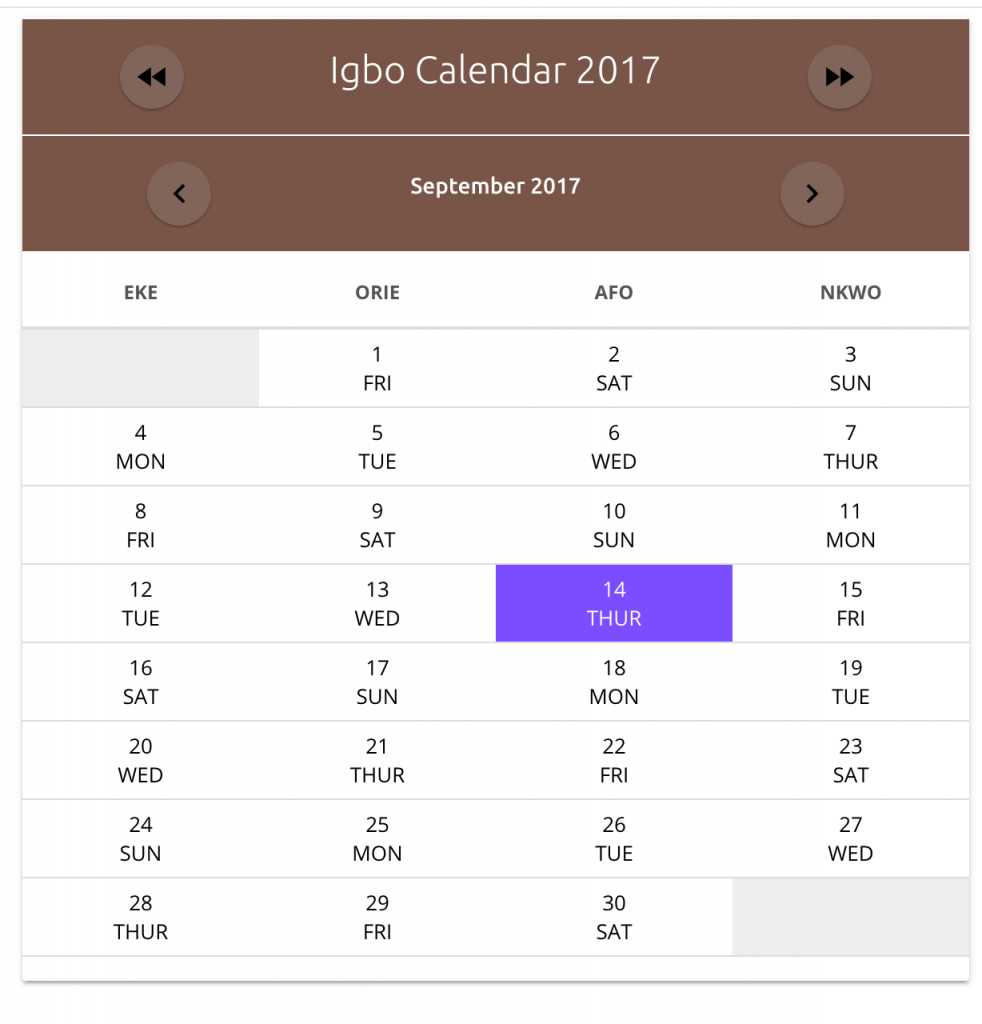
Closure
Thus, we hope this article has provided valuable insights into Understanding the Igbo Calendar: A Look at January 2025. We hope you find this article informative and beneficial. See you in our next article!